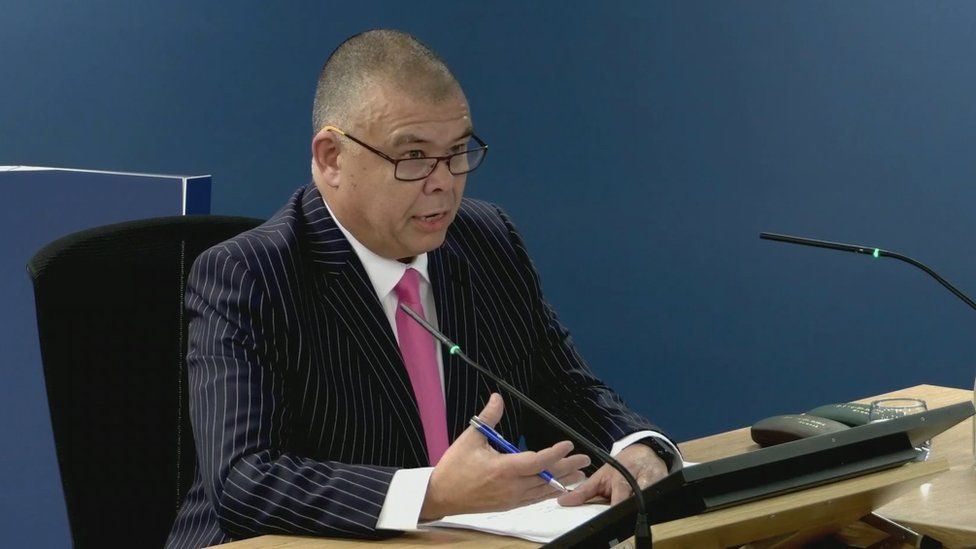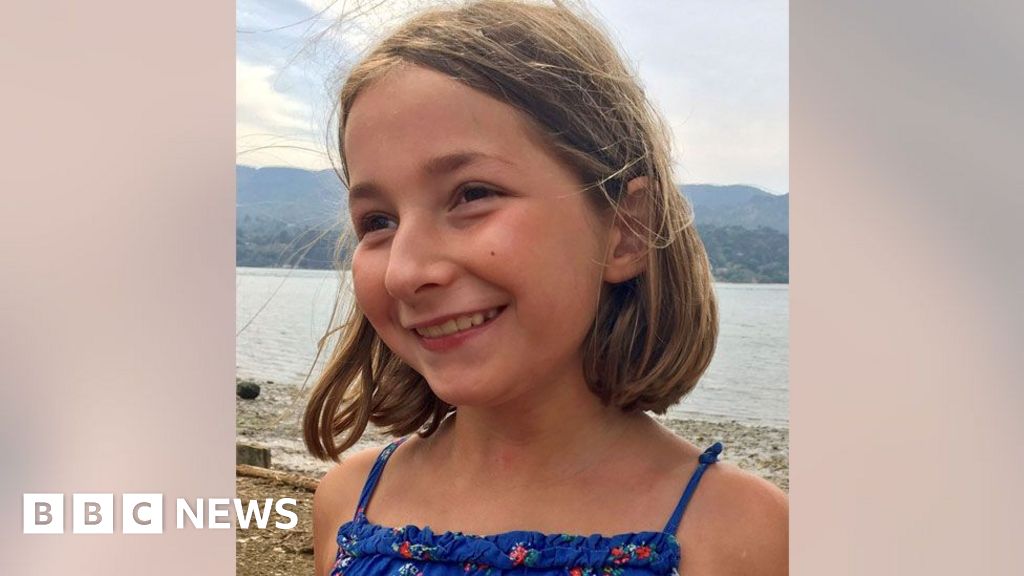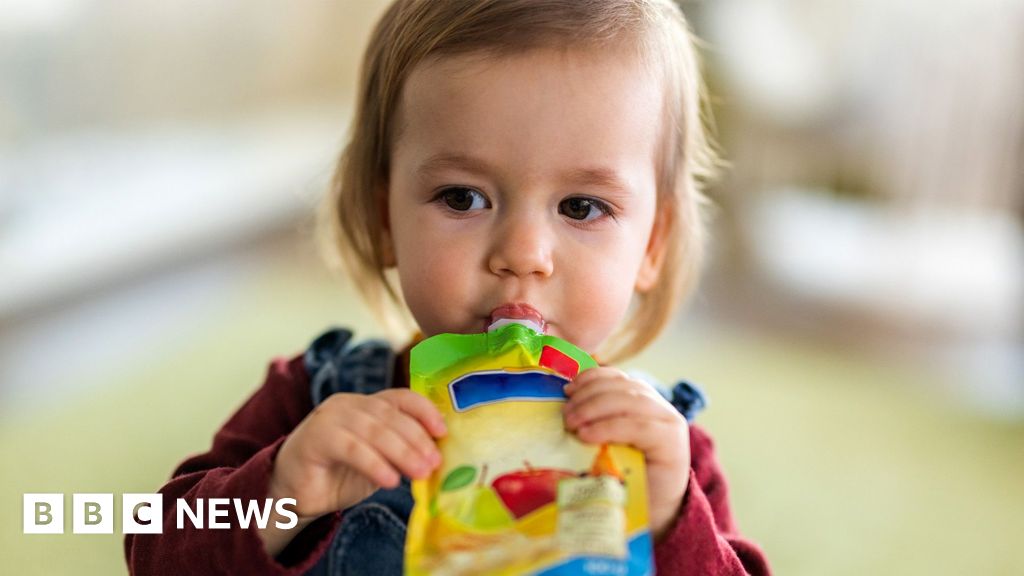ARTICLE AD BOX
 Image source, UK Covid-19 Inquiry
Image source, UK Covid-19 Inquiry
Prof Sir Jonathan Van-Tam said the threats against his family came during a "very stressful time indeed"
By Jim Reed and Aurelia Foster
Health reporters
England's former deputy chief medical officer has said his family were threatened with "having their throats cut" during the pandemic, as he gave evidence to the UK Covid inquiry.
Prof Sir Jonathan Van-Tam said that at one point he was asked by police to leave his house over safety concerns.
He said receiving hate mail made him consider stepping down from his role.
Prof Van-Tam warned that officials advising on future crises may be put off due to the "implications".
He told the public inquiry, which is looking into the UK's response to the pandemic, that he was working 16-hour days, seven days a week, which he said was "very, very intense".
Prof Van-Tam became a household name due to his regular television appearances during the pandemic and was affectionately known by his initials JVT.
He told the inquiry that, while his job involved huge workloads and stress, he "did not expect my family to be threatened with having their throats cut".
"I did not expect the police to have to say 'will you move out in the middle of the night... while we look at this and potentially make some arrests?'," he explained.
He told the inquiry he was describing the "extremely hateful messages" because he was worried his experience would deter experts from taking on similar roles in future.
Inquiry chairwoman Baroness Heather Hallett described the threats as "awful" and told Prof Van-Tam "the vast majority of the population abhor such conduct, and we are enormously grateful to you and your colleagues".
Earlier this year, England's chief medical officer Prof Sir Chris Whitty told the inquiry he had similar concerns after he was attacked in a London park in 2021.
Covid restrictions
In his testimony, Prof Van-Tam told the inquiry he became concerned about reports of a new virus spreading in China as early as 15 January 2020 - two months before a full UK lockdown was ordered.
"My instincts were telling me that this was going to cause us real trouble and be a pandemic," he said.
By the start of March, he said it was clear that the virus was spreading quickly.
With the benefit of hindsight, it would have been better to have brought in the first major restrictions "certainly seven days earlier, possibly a little longer than that", he added.
Asked whether there would have been any other option than ordering a full lockdown on 23 March 2020, he said there was "almost certainly no alternative".
"We would have first run out of intensive care beds," he said, with the possibility that hospitals would have had to stop admitting Covid patients "within a couple of weeks".
"[There were] some pretty awful potential considerations at that point," he added.
Prof Sir Jonathan Van-Tam became a household name due to his regular television appearances during the pandemic
Eat Out to Help Out
Asked about the Eat Out to Help Out scheme, launched in August 2020 by then chancellor Rishi Sunak, Prof Van-Tam said he first heard about it "on TV".
He suggested the scheme, which was aimed at boosting the hospitality sector after the first UK lockdown, "did not seem sensible", as it encouraged indoor socialising between different households.
Giving evidence earlier, Prof Whitty also said that neither he nor Sir Patrick Vallance, the government's former chief scientific adviser, were told about it in advance.
"I think we should have been," he added.
Earlier in the week, Sir Patrick said the scheme was "highly likely" to have increased infections and deaths.
Mr Sunak told the Commons on Wednesday that the government "took advice from scientific advisers".
In his witness statement to the inquiry, then Prime Minister Boris Johnson said "it was properly discussed with Chris and Patrick".
Asked to respond, Prof Whitty said: "On this one, neither Patrick nor I can recall it and I think we would have done."
"It would have been prudent, let's put it that way, for them to have thought about discussing it before it was launched."
Image source, Getty Images
Image caption,Prof Whitty said he believed a herd immunity policy "would have led to extraordinarily high loss of life"
Herd immunity 'inconceivable'
Earlier, Prof Whitty said discussions about "herd immunity" in government at the start of the pandemic had become "extremely confused" and were "not based on proper understanding".
He told the inquiry the concept was widely misunderstood and the approach during Covid was "inconceivable" as it "would have led to extraordinarily high loss of life".
"There was a large amount of chatter about this by people who did not fully understand the issue," he said, adding that it "upset and confused a lot of people".
He continued that, in his view, "the only rational policy response" in which herd immunity could be achieved was by vaccination.
Later in his testimony, he said he believed the second England-wide lockdown, introduced on 5 November 2020, could potentially have been avoided "had previous decisions been different".
However, he said that by the time it was imposed, the amount of virus circulating meant it had become "inevitable".
Related Internet Links
The BBC is not responsible for the content of external sites.

 1 year ago
37
1 year ago
37








 English (US) ·
English (US) ·